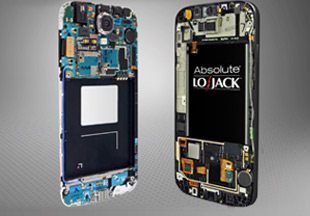California’s state legislature has voted down a cell phone “kill switch” bill by a narrow margin. The bill would have required carriers to be sure that all phones sold in the state included a remote deactivation feature. The bill was introduced by California Senator Mark Leno. Leno represents San Francisco, where an estimated 50% of all robberies involve a smartphone.
Nationwide, one-third of all robberies involve smartphones, according to the Federal Communications Commission. Wireless carriers have argued that a so-called kill switch app may not be the answer, because it could open the door for hackers to disable smartphones. California district attorney George Gascon has suggested that carriers are also interested in protecting the insurance programs they offer, which protect subscribers in the event of cell phone theft.
Earlier this month, wireless trade association CTIA announced a voluntary anti-theft program that includes the participation of all the major U.S. carriers, as well as Apple, Samsung, Google, HTC, Huawei, Motorola Mobility and Microsoft. This measure would give consumers the option of downloading remote deactivation software for phones that do not have the software pre-loaded.
Meanwhile device manufacturers have been responding to pressure to make their smartphones less attractive to thieves. Apple added a deactivation feature to Find My iPhone which requires a user’s Apple ID to be entered before Find My iPhone can be disabled. Samsung works with LoJack, and its new Galaxy S5 has a reactivation lock which prevents a locked phone from being reactivated by a factory reset.
Follow me on Twitter.

